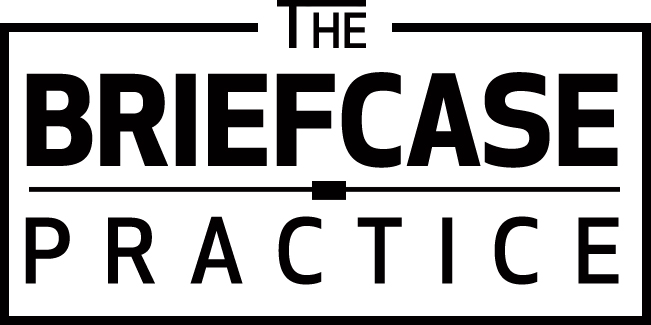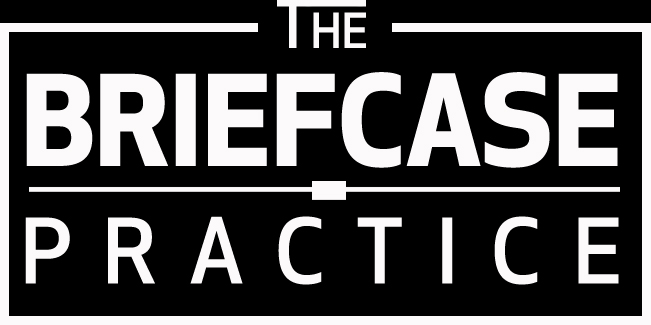A FILMMAKER’S GUIDE TO MUSIC CLEARANCE.

Producers can get so attached to a song and feel it works perfectly with a scene or entire film and would do anything to get that piece of music. Clearing music for movies comes up once all scenes have been shot and the movie producers alongside the editors are putting the beautiful pieces together to create something magical, this aspect of production is usually done at the post-production stage.
Songs are made up of two components: the musical composition and the sound recording of the musical recording. In simple terms, the musical composition is the beats/lyrics and the recording of the musical composition is the mixture of the beats, lyrics, and the audio version (i.e. the artist’s vocals). There could be different sound recordings to a musical composition, for example; different artists can record different versions of “Ye” written by Burna Boy. In most instances, the sound recording is owned by the record label that paid for the artist’s studio sessions and the beats or lyrics written/created by a songwriter or producer engaged under a work-for-hire agreement are in most circumstances assigned to the artist.
All these rights need to be cleared even if it requires you approaching different entities, do note that you will have to approach a producer/songwriter(s) if the rights are not transferred to the artist or record label under a work for hire agreement. If a song has two or more writers, permission has to be obtained from all the writers. There are two questions a filmmaker needs to answer:
- whether a song is worth going after and if yes;
- who owns what rights to the song.
When clearing a song for use in your film, you need to obtain two licenses. A synchronization license that grants you the right to use the musical composition with visual images, and a master license that grants you the right to use the actual recording of the song in your film.
Clearing music definitely requires a lot of research, you may need to check the artist’s social media pages or record label’s website or search engine to look for contact details. In most cases, the best place is to start with the publisher or record label. Remember you need to follow up because no response from the record label/artist does not mean these rights have been granted. Usage without permission could land you in a lot of trouble even for a film festival.
There are no formalities in requesting the use of a song in your movie. Simply introduce yourself, give a brief synopsis of the movie, explain why you believe the song is perfect for your movie, whether it is for commercial use and ask how you can send a copy of the agreement for execution. Remember you do not make an offer so you do not shoot yourself in the leg, once an offer is made by the publisher/record label, if it is something you can’t afford, you can explain that your movie is a low budget and possibly give a counter-offer, try to close the deal if possible.
What should be included in the license agreement?
- Media. License all rights for use of the film, trailer, promotional materials and use on TV, VOD, in-flight entertainment, YouTube channels, film festivals, and the internet, cinemas, private screenings. Basically, any media platform developed now or in the future.
- Credits. This is very important to be included in your film and could put you in good standing especially if you have to ask for another song.
- Territory. Make sure you ask for a worldwide license because you never can say what part of the world a distributor comes from. E.g. Netflix will require that you have cleared all thrid-party rights in the film and will indemnify them should anything happen
- Exclusivity.
- Cue Sheets. Cue sheets are also prepared by the filmmaker and handed over to the artist/record label/publisher to enable them to track the use of their music in film.
- Term. The duration of the rights should be in perpetuity, this is because the movie cannot be deleted from the face of the planet. For instance, the movie, “Friends” still plays to date.
- Non-Injunctive relief. Try to include in the agreement that monetary damages shall be sufficient. An injunction cannot be obtained to stop you from broadcasting or selling the film. For example, the Nigerian actress “Omoni Oboli” was prevented from exhibiting her movie, “Okafor’s Law” at the premiere.
To minimize costs, filmmakers can work with a composer solely to develop vocal or instrumental music for their movies, however, an assignment clause must be included in the contract. You could also execute a barter agreement with the record label or directly with the music artist for the use of the song e.g. ten movie tickets to the movie’s premiere party in exchange for the use of the song. I strongly advise that you are sure you want to use the music before you go ahead to pay the license fees. License fees can vary depending on the artist, big artists can also license the song to you at a fair price so do not be afraid to send an email, you never know, they may like your movie.
Lastly, clearing music rights in a song before you submit your movie to a film festival is equally important to avoid legal drama.
Disclaimer: This article is for educational purposes only and does not constitute legal advice. If you need legal advice, kindly engage the services of a lawyer.


Leave a Reply